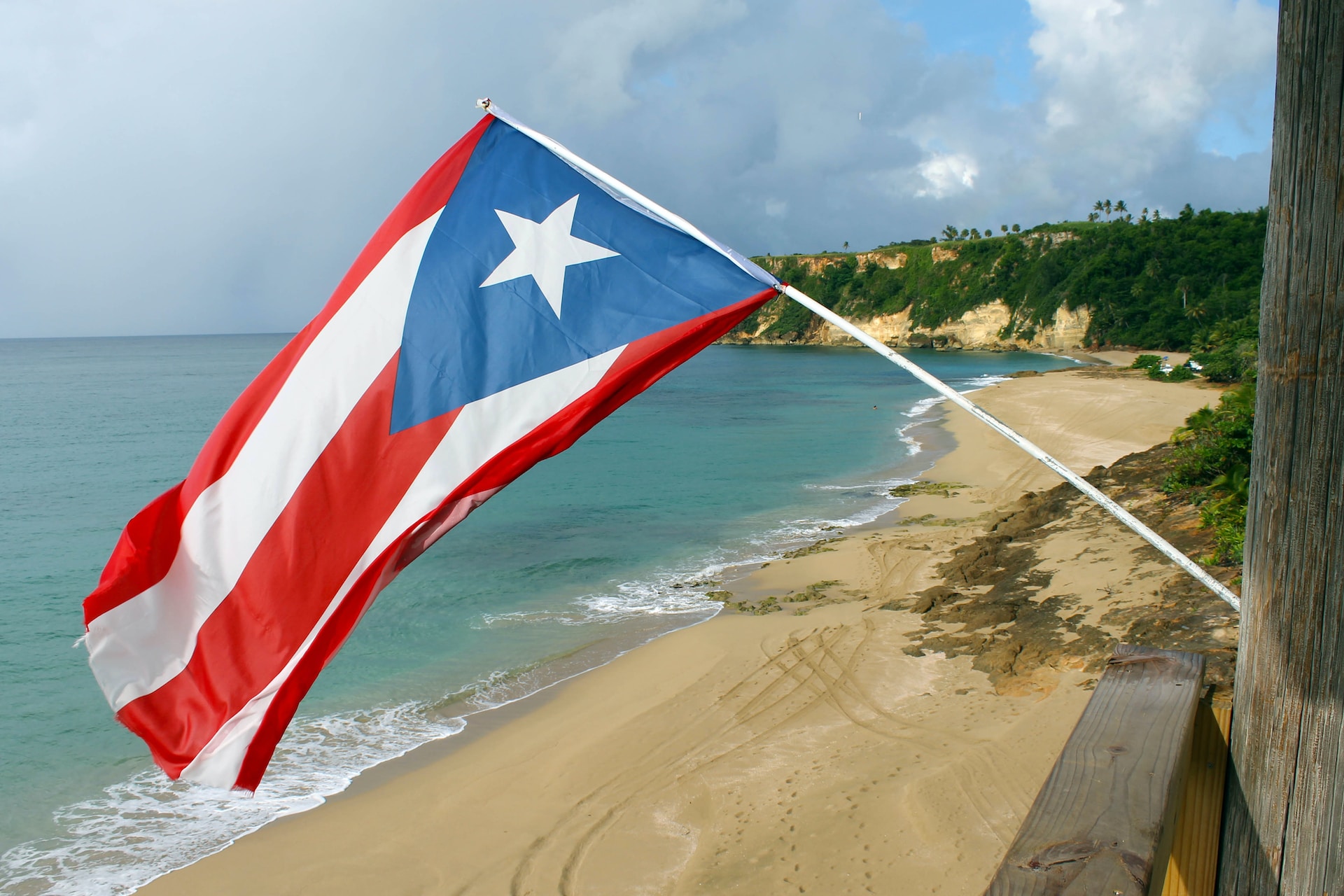

Look at Puerto Rico. The earth is in open rebellion! The challenges of climate change, food insecurity, water scarcity, pandemics, and overpopulation cannot be solved by the public sector. The burden of investing in solutions lies on the shoulders of businesses. The private sector must acknowledge and address the pressing challenges faced by our planet. Inaction has a cost. Business bottom lines will directly suffer from a lack of proactive mitigation against the risks we collectively face, but also from a lack of adaptation to the new global landscape.
Climate adaptation is now mandatory. Reinsurance companies like Munich Re Group are reporting that the frequency and severity of extreme weather events are increasing, along with their associated losses. This should not be surprising given what the world has witnessed in the past few weeks. In the U.S. alone hurricanes have devastated major cities, sea level rise is lapping at coastal infrastructure, and wildfires no longer adhere to a season. These recent examples are just the tip of the rapidly melting iceberg!
Climate impacts and subsequent devastation have already begun to result in secondary and tertiary impacts that have increasing implications for a business’s bottom line. Millions of Americans in Puerto Rico might suffer from no access to power and water for up to six months! The humanitarian costs are immediately obvious in the wake of Hurricanes Maria and Irma, and the economic costs of an extended period of brutal recovery are also astronomical.
Ignoring the $74 billion in Puerto Rican government debt, the measly $15 billion slotted for recovery is less than half of estimated hurricanes’ costs. Business will hurt from decimated infrastructure, crop value losses of 80%, up to 3.5 million climate refugees, lost productivity, and additional ripple effects. For companies operating fully or partially in Puerto Rico, the implications for business bottom lines are enormous.
The climate impacts we are witnessing in Puerto Rico will be increasingly repeated in locations throughout the world in various forms (e.g., extended droughts, uncontrollable wildfires, heavy flooding). These challenges must be proactively addressed before the costs of mandatory reaction overwhelm expendable business capital and reserves.
Costs for adaptation are substantial by any measure, and delay in action will only increase these costs. A 2010 World Bank report has estimated adaptation cost at $70-100 billion a year globally by 2050, while the 2015 UNEP Adaptation Gap Report estimates it to be 4-5 times higher taking into account equity, communities, and ecosystems. These costs will vary based on how successful we are globally at mitigation efforts, but even with zero carbon emissions today we need to adapt, and we need to adapt quickly.
The private sector must play a leading role in these efforts. Adaptation costs are too high for governments to solve alone. Hurricanes Harvey, Irma and Maria are projected to cost the U.S. hundreds of billions in post-disaster recovery funding. The Universal Ecological Fund just put forward a report titled “The Economic Case for Climate Action in the U.S.” which highlights the hundreds of billions in economic losses from inaction.
Despite what we know about the costs of inaction, relief and recovery, proactive adaptation measures are painfully miniscule. The Climate Policy Initiative reports that adaptation efforts receive less than 10-20% of approved public funding. The private sector has thus far had limited involvement despite the critical role of private finance and investment in addressing the direct and indirect threats to our planet.
The private sector’s delay in leadership and investment in proactive adaptation measures can be traced to three key issues: 1) the risk perception versus real risk gap, 2) the inherent uncertainty of the real risk, and 3) the perceived lack of options for investing in adaptation measures.
First, aligning actual risks to a company’s bottom line with perceptions of risks held by business stakeholders (e.g., shareholders, regulators, consumers) is critical. Closing this gap through the application of advances in the field of cognitive behavioral science is the first step in ensuring precious resources are being prioritized and allocated appropriately. Stakeholder support will be necessary for successful adaptation investments.
Second, the private sector can exhibit leadership in adaptation by voluntarily disclosing an investment’s climate change related risks. While the majority of the private sector is aware of climate change risks to business, hesitation in disclosure stems from the accompanying inherent uncertainty (e.g., what, how big, where). Acceptance that actual impacts, both direct and indirect, cannot be known with certainty will encourage the disclosure needed for better adaptation.
Finally, there is a perception of limited opportunities for adaptation investment and an accompanying uncertainty of return on investment. Investing in higher surge walls or more efficient water pumping systems fall woefully short of the magnitude of adaptation measures required. Transformative climate adaptation and resilience investments (e.g., new business models, transformative technologies, behavioral changes) are where private sector collaboration and leadership are urgently needed.
While there are many examples of “climate-proofing” investments (e.g., drought resistant agriculture, water surge resistant infrastructure), these are primarily short-term adaptation measures. Increasingly, opportunities are being presented to the private sector. From smart grids that protect against extreme weather events to resilient manufacturing companies, sector specific investment prospects are becoming available.
In addition to science and technology innovations, cutting-edge solutions from the field of cognitive behavioral science must be considered as part of the adaptation investment portfolio. Subject matter expertise will be of utmost value as businesses think strategically about fortifying products and services in this new global landscape.
The reasons for private sector delay in proactive adaptation investment measures are no longer justifiable. Companies must act now to offset the enormous costs of inaction. Even with inherent uncertainty of climate change risks, it is clear that risk reduction efforts now will ensure business survival and resilience in an increasingly risky world.